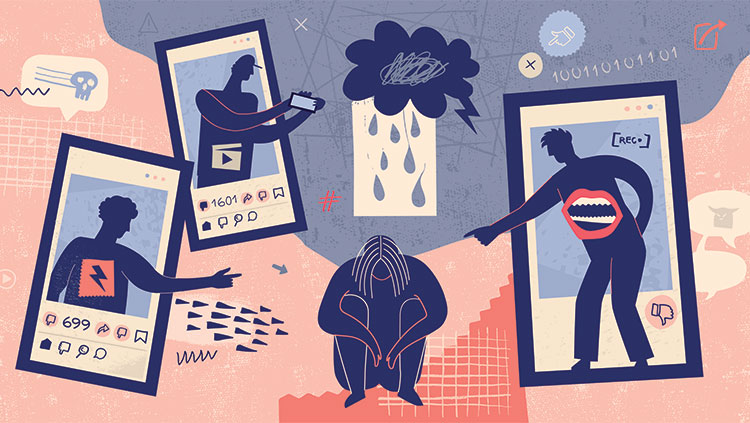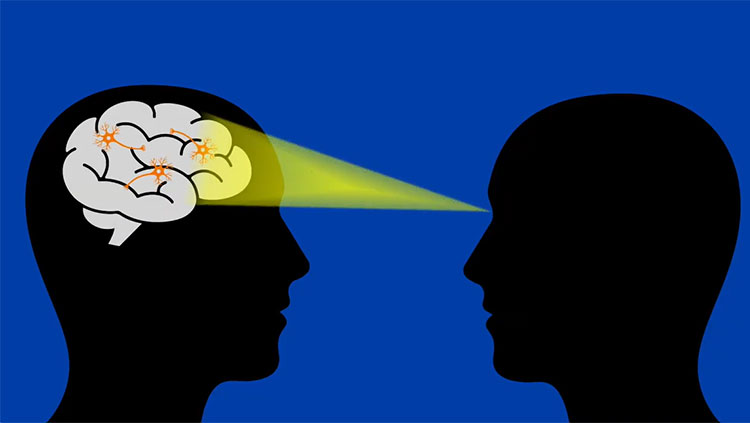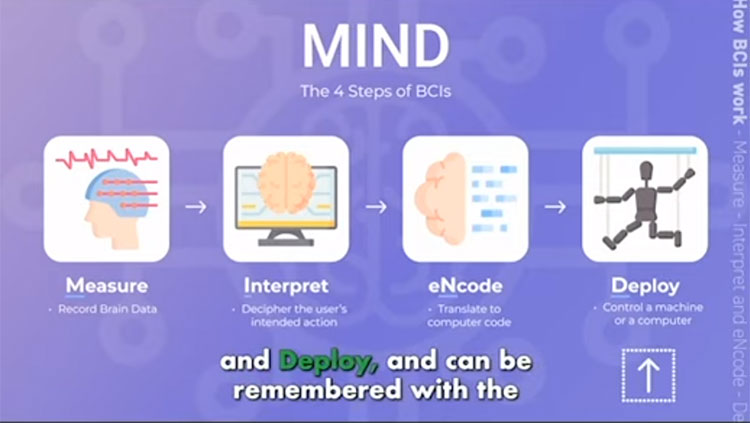Answering Your Questions About Human-Machine Interfaces
- Published24 Jan 2020
- Source BrainFacts/SfN
The evolving relationship between humans and machines can mean new, life-changing medical treatments. But it can also prompt a host of ethical considerations. Biomedical engineers, bioethicists, a phenomenologist, a visualization researcher, and a prosthetic user answer your questions about neural-digital technology, including:
• What happens to patients when they lose access to life-changing devices after research trials end?
• How can researchers improve access to and awareness of technology for low-income, uninsured patients?
• How can this technology be shared globally without worsening the gap between developing and developed countries?
• What needs to be done to make this technology more affordable?
This video is part of a series on Neural-Digital Interfaces, presented at Neuroscience 2019 for the Social Issues Roundtable.
CONTENT PROVIDED BY
BrainFacts/SfN
Also In Tech & the Brain
Trending
Popular articles on BrainFacts.org

















